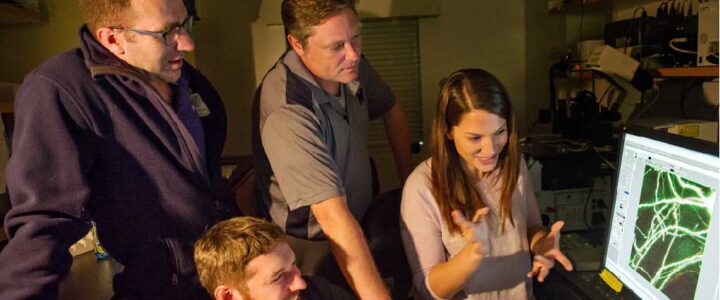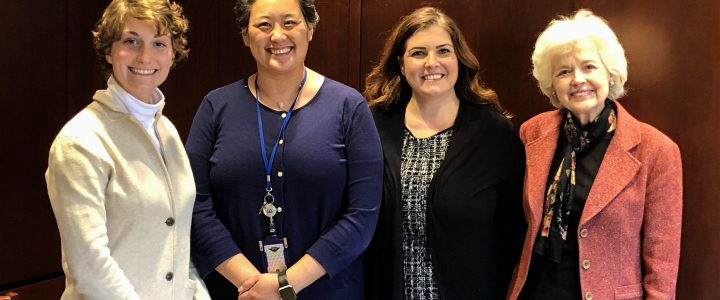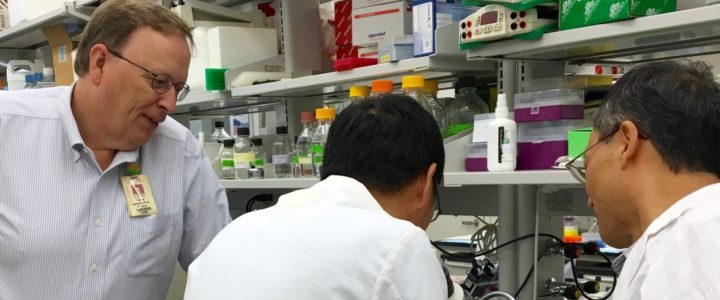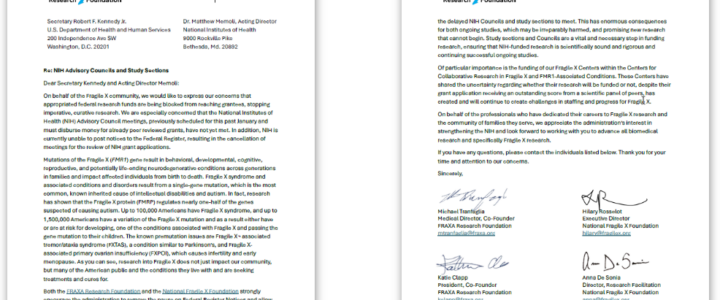NIH funding delays are threatening Fragile X research, putting critical studies and future treatments at risk. FRAXA Research Foundation and NFXF are urging Congress and the NIH to act now. Learn how you can help secure funding for Fragile X research.
Read moreFXPOI
Renewed Hope: Navigating Towards a Cure for Fragile X Syndrome

Discover how Dr. Peter Todd’s latest Fragile X Syndrome research offers hope for advanced treatments and a possible cure, marking a new era in FXS therapy.
Read moreTowards Understanding the Role of FMRP in Human Brain Development Using Brain Organoids

Dr. Zhexing Wen and Dr. Peng Jin of the newly funded Fragile X Center of Excellence at Emory University School of Medicine join us in this seminar to present about Understanding the Role of FMRP in Human Brain Development Using Brain Organoids.
Read moreNational Institutes of Health Releases Fragile X Strategic Plan

FRAXA Program Coordinator, Elle Skala, and long time FRAXA supporter and previous Board Member, Mary Beth Busby, traveled to the National Institutes of Health earlier this week. The timing of this meeting was perfect because the National Institutes of Health (NIH) just released their long-anticipated Strategic Plan for Fragile X Syndrome, FXTAS, and FXPOI. It will guide federal Fragile X research funding for at least the next five years and open the door for continued funding of the Fragile X Research Centers of Excellence.
Read moreResearcher David Nelson, PhD, Explores New Cell Strategies for Fragile X Syndrome, FXTAS and FXPOI

It’s rare to find a researcher working on the Big Three — Fragile X Syndrome (FXS), Fragile X-associated Tremor/Ataxia Syndrome (FXTAS) and Fragile X-associated primary ovarian insufficiency (FXPOI). Then again, David Nelson, PhD, is the rare bird. Nelson is a professor of Molecular and Human Genetics, Baylor College of Medicine, and director of Baylor’s Graduate Program in Integrative Molecular and Biomedical Sciences. He has been involved in FXS research since the late 1980s where he helped identify the mutation and the FMR1 gene. These days, researchers in Nelson’s lab at Baylor are studying FXS, FXTAS and FXPOI using mouse models.
Read moreNIH Awards $35 Million to Three Fragile X Research Teams

The National Institutes of Health has just announced new awards of $35 million over five years to support three Centers for Collaborative Research in Fragile X. Investigators at these centers will seek to better understand Fragile X-associated disorders and work toward developing effective treatments. All of these scientists have been funded for years by FRAXA Research Foundation, and now each team will receive over $2 million per year for five years!
Read more
